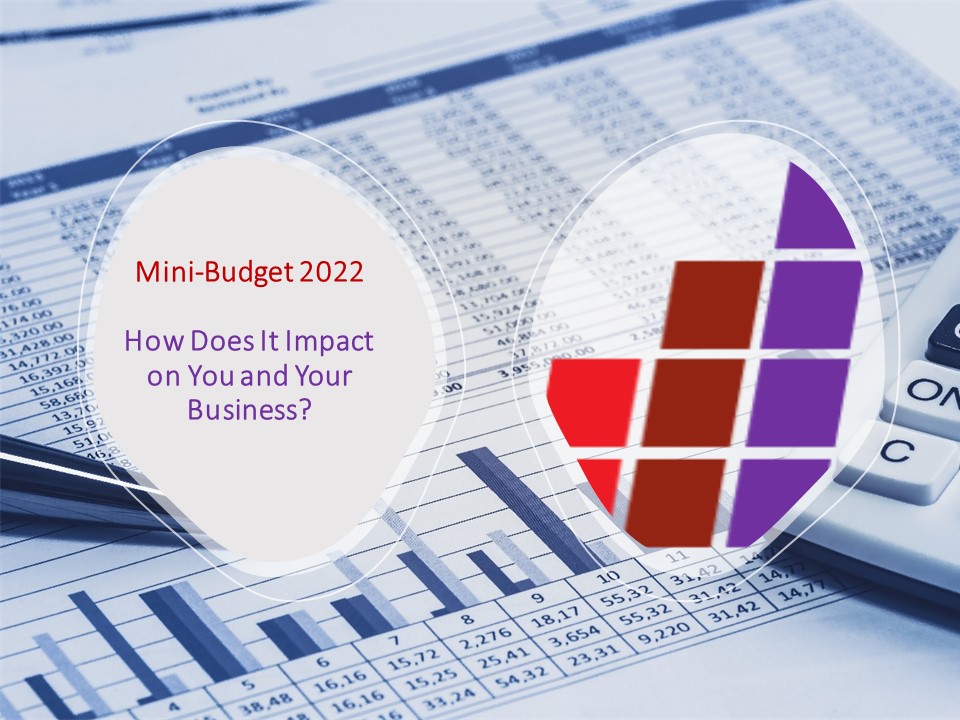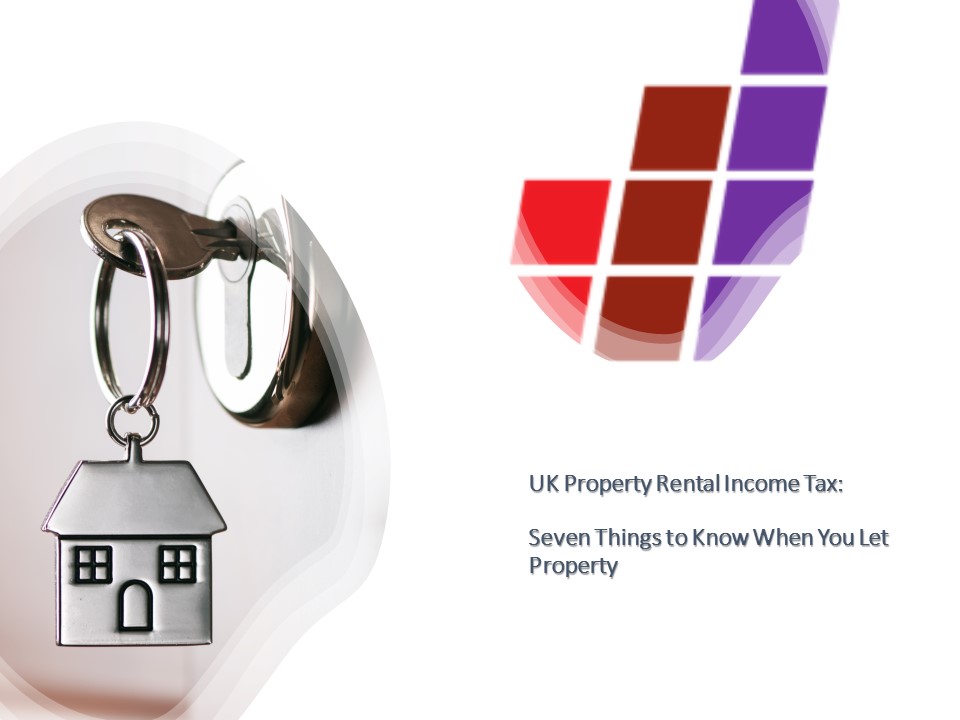Spreading your January self assessment payment
Worried about paying your self assessment tax bill? We’ll review your financial situation and whether you meet the criteria for a time-to-pay arrangement with HMRC.
With a combination of low growth and high inflation, the 2022/23 tax year has been a tough time, financially speaking, for many of us.
So it’s no surprise that many owners, directors and self-employed individuals are concerned about having enough funds to pay their self assessment income tax bill.
The good news is that HM Revenue & Customs (HMRC) does have a facility for spreading out your income tax payments. HMRC’s ‘time-to-pay’ arrangement allows you to pay your tax bill in pre-agreed installments, with a small amount of interest added on for the use of this service.

Where the amount due doesn’t exceed £30,000, you can apply online; otherwise you will need to contact them to discuss what arrangements can be put in place.
How does the time-to-pay scheme work?
The time-to-pay scheme relates to HMRC’s online payment plan service, allowing you to come to an agreement about deferring your tax bill and spreading the costs over several months.
For your 2022/23 tax return, you can spread the balance of your 2022/23 liability as well as the first payment on account towards the 2023/24 tax bill. Some other considerations of the facility include:
- Interest will be charged from 1 Feb 2024, at base rate plus 2.5% p.a.
- You need to choose how much to pay initially and how much you will then pay monthly.
- If a payment is missed, the whole amount can be demanded by HMRC.
- If an arrangement is set up, this avoids any enforcement action to collect your due taxes, ie. calling in debt collectors etc.
How to check if you’re eligible for online payments
So, how do you know if you’re eligible to set up a time-to-pay agreement with HMRC? There are five criteria that must be met for HMRC to consider an online payment arrangement. The five criteria are:
- The amount due must be between £32 and £30,000.
- There must be NO outstanding tax returns to submit
- There must be NO other tax debts
- There must be NO other active HMRC payment plans
- The length of the payment plan must not exceed 12 months
The deadline to set up online payments is within 60 days of the due date – in this case, 1 April 2024 for the last tax year and the first payment on account for the current tax year.
If you don’t qualify based on the five rules mentioned above, you can still apply for normal (not online) time-to-pay arrangements. It’s worth noting that time-to-pay arrangements don’t show up in credit searches – but if you default and it ends up with an Individual Voluntary Agreement (IVA) or County Court Judgement (CCJ) being made, that will obviously show up.
Talk to us about agreeing a time-to-pay arrangement
If you’re concerned about not being able to pay your January self assessment income tax bill, please do come and talk to us. We’ll review your financial situation, your liquid funds and will work out how much you can realistically afford to pay.
Get in touch to talk about an online payment plan for your self assessment tax bill and let’s find out how we can help from here at The Stan Lee.
Spreading your January self assessment payment Read More »














